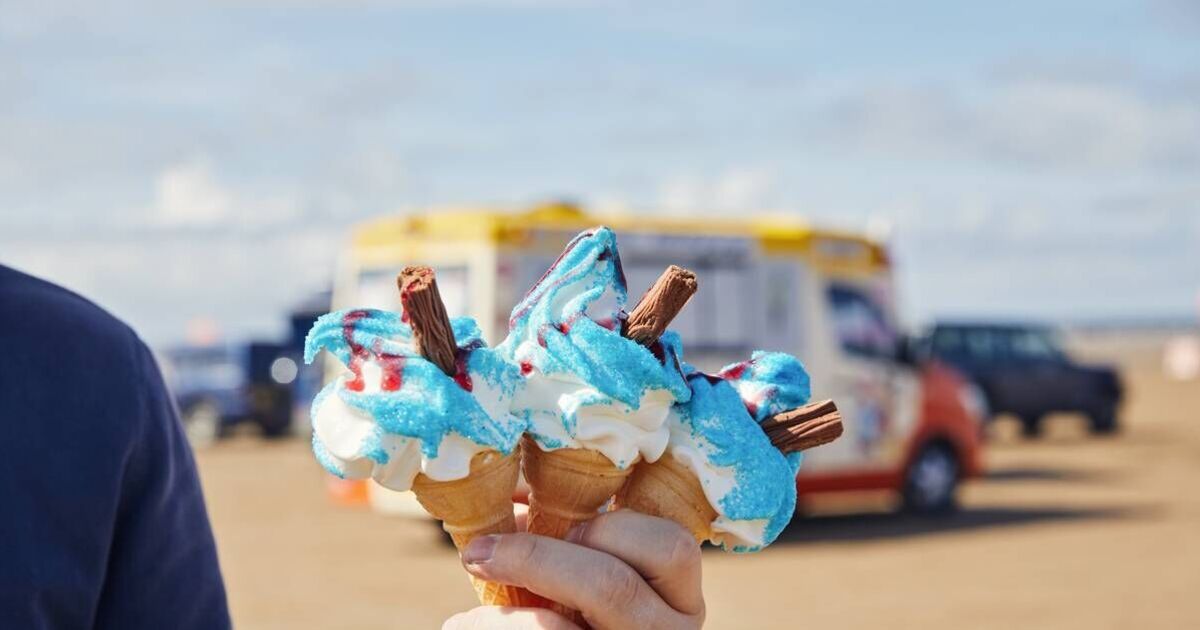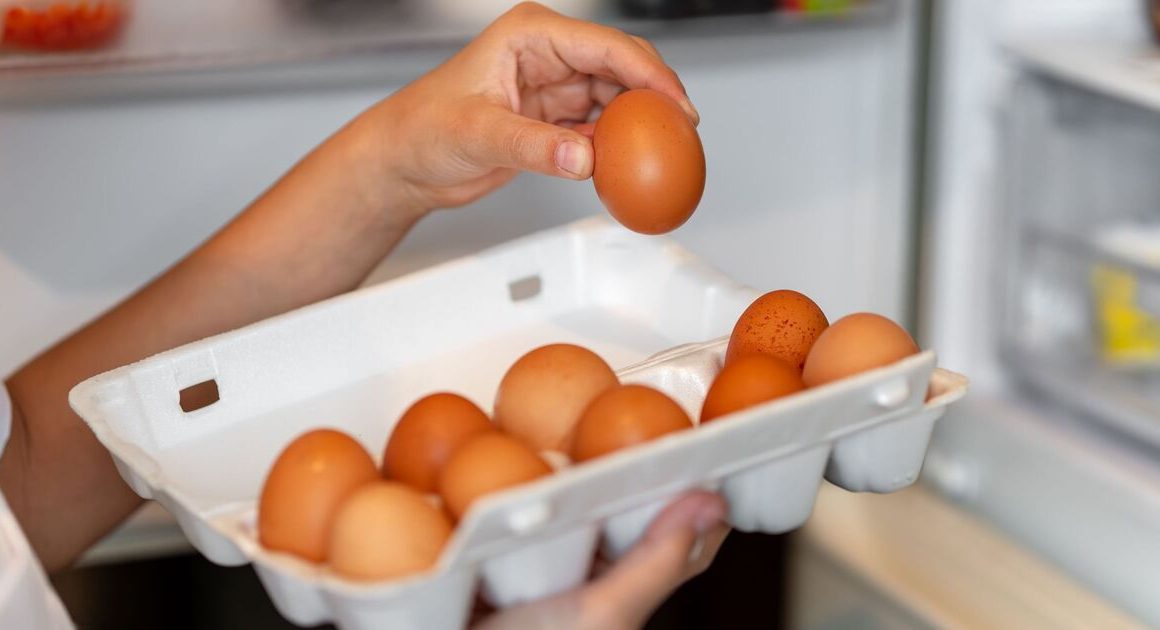With summer’s scorching heatwaves hitting the UK, people are rushing to queue up at their local ice cream vans or raid the frozen section in supermarkets.
But while ice cream might seem like the perfect antidote to sizzling temperatures, a health expert has revealed that this creamy treat could have the opposite effect.
Dr Alasdair Scott from Selph explains: “It may come as a surprise, but ice cream can actually make your body warmer.”
He pointed out that due to its high fat, protein, and carbohydrate content, ice cream can increase body temperature as it requires energy to digest.
Instead of indulging in ice cream or complex carbohydrates like brown rice, Dr Scott recommends hydrating fruits and veggies like watermelon, cucumber, and strawberries for a truly cooling effect.
“Anything that contains complex carbohydrates and highly processed foods will generally be more warming than cooling,” says Dr Scott, urging Britons to opt for fresh produce to beat the heat instead.
“Foods like these are easy for the body to digest due to the high water content,” he explains. “So they will help you to stay hydrated and well-nourished”, reports Gloucestershire Live.
“Cold soups such as gazpacho are also a great way to cool down, whilst getting lots of vitamins and minerals into your diet.”
In a further surprising discovery, Dr Scott additionally lists spicy foods that can make you sweat, as a good way of cooling down in the hot weather.
He shares: “It’s no coincidence that spicy dishes are often eaten in countries closer to the equator.”
“They are cooling foods as they influence the body when you sweat, and through evaporative cooling, you feel cooler.”
Additionally, it is advised that you drink more water than usual in the hot weather and stick to drinks that keep you hydrated.
“You should be aiming for 8-12 glasses per day (about 2-2.5 litres, but during a heatwave, you need to increase this to 3-4 litres in order to stay hydrated,” Dr Scott advises.










